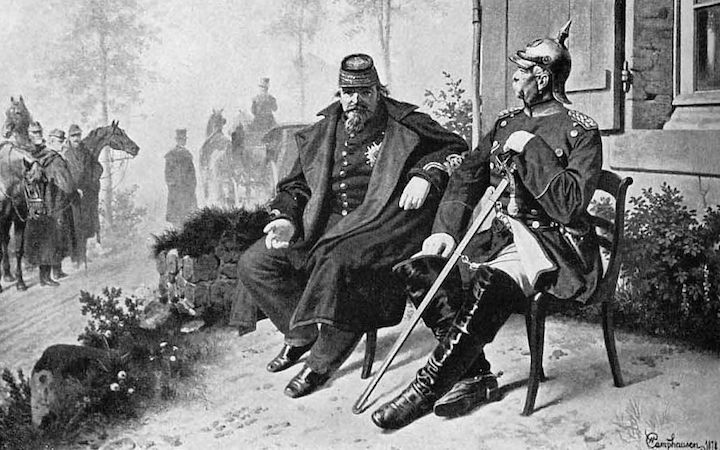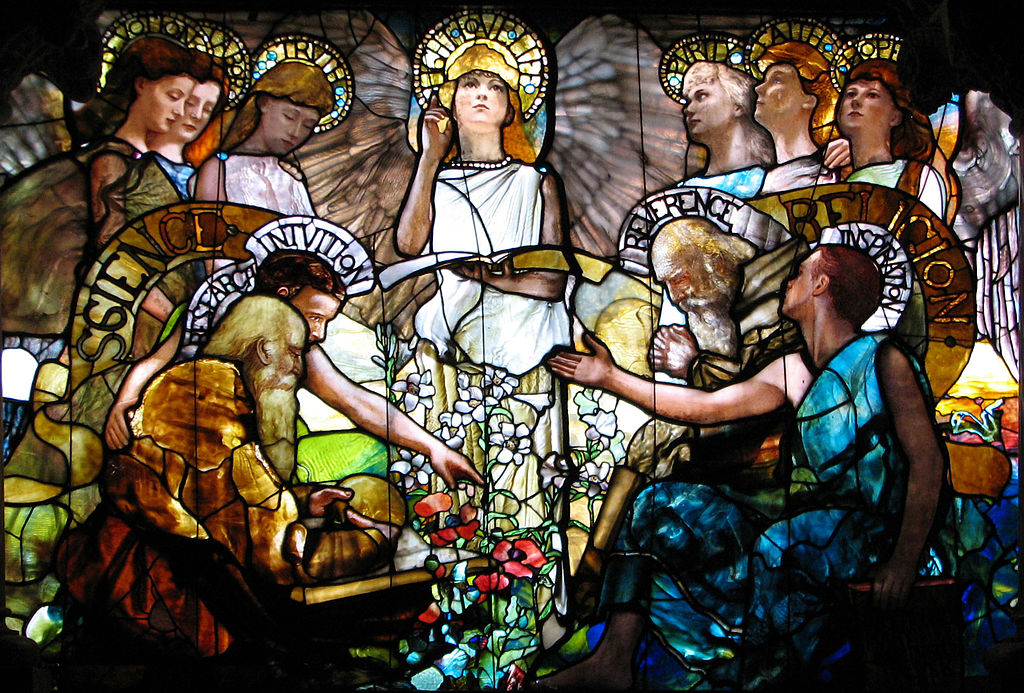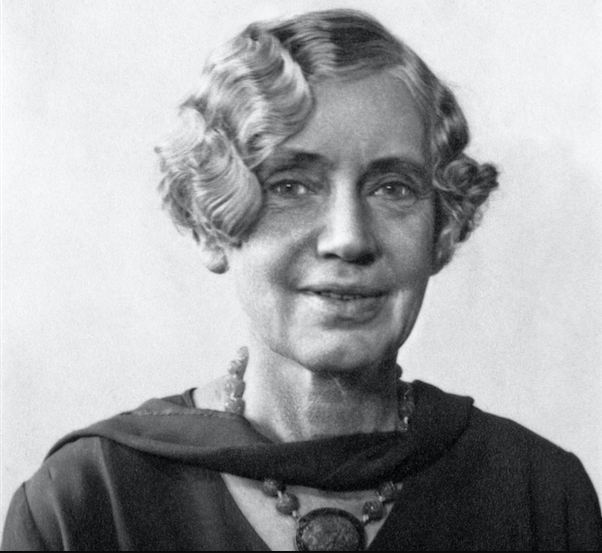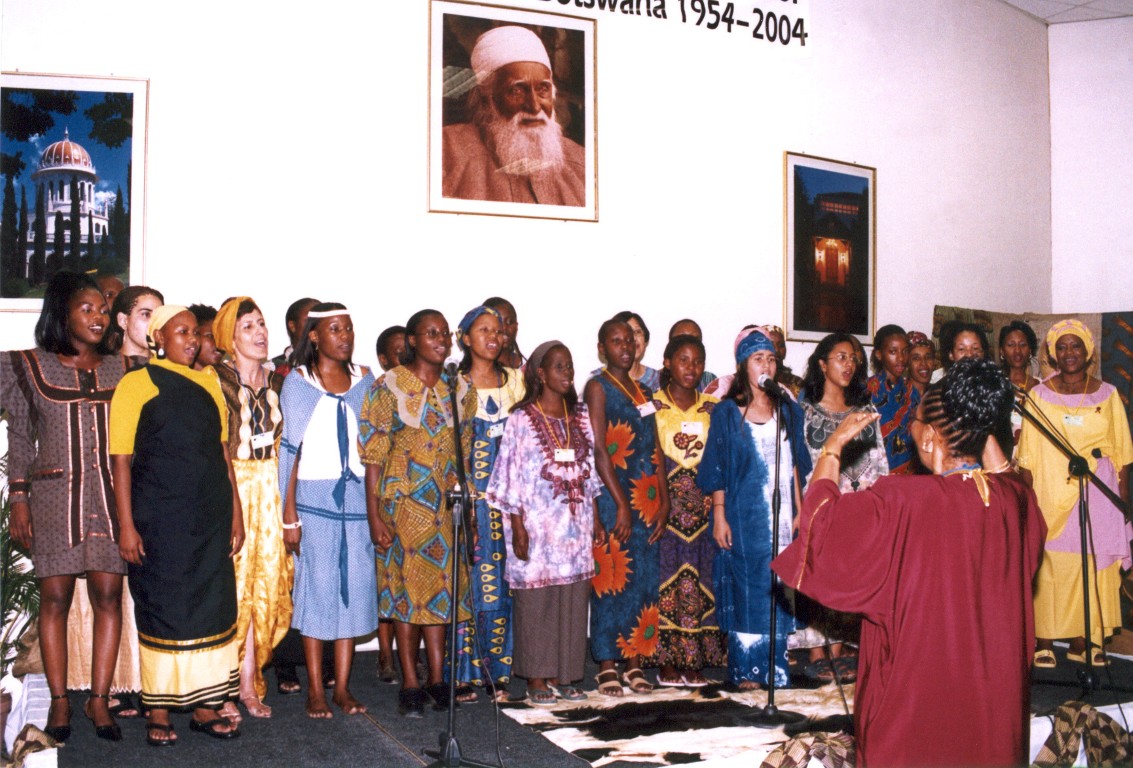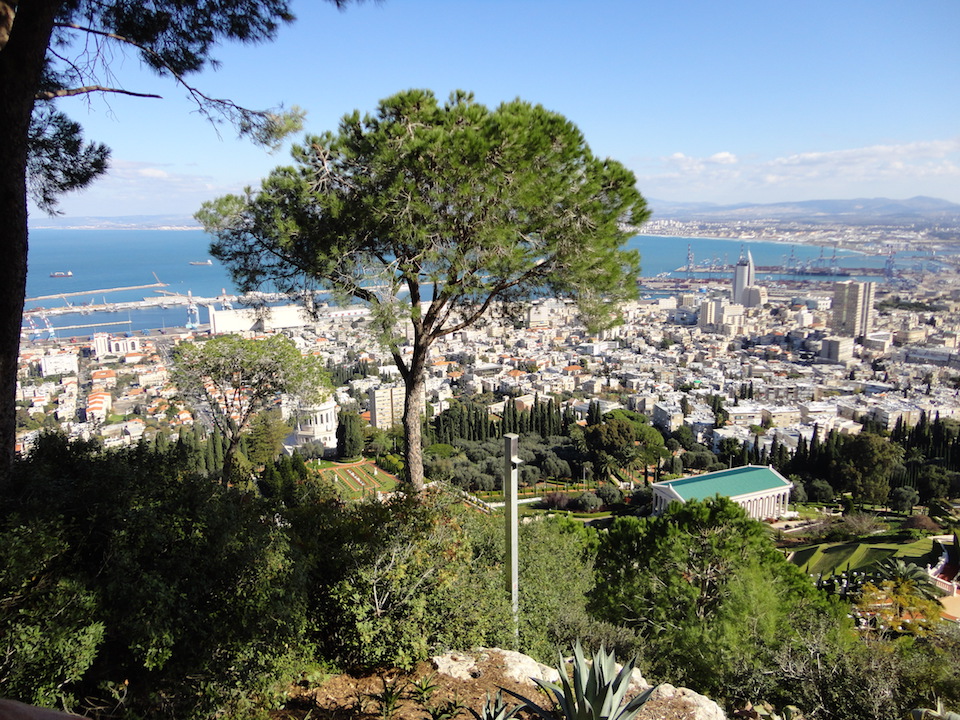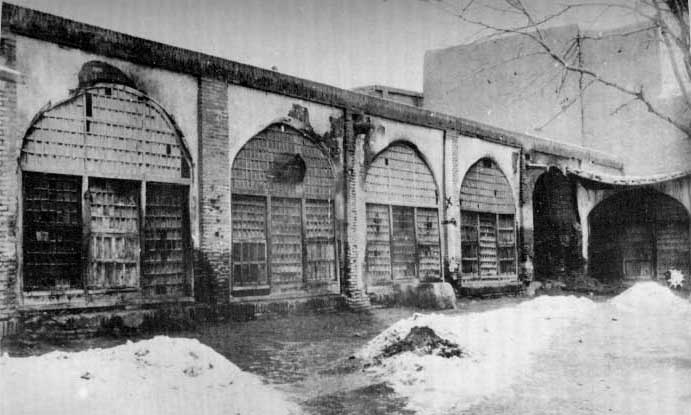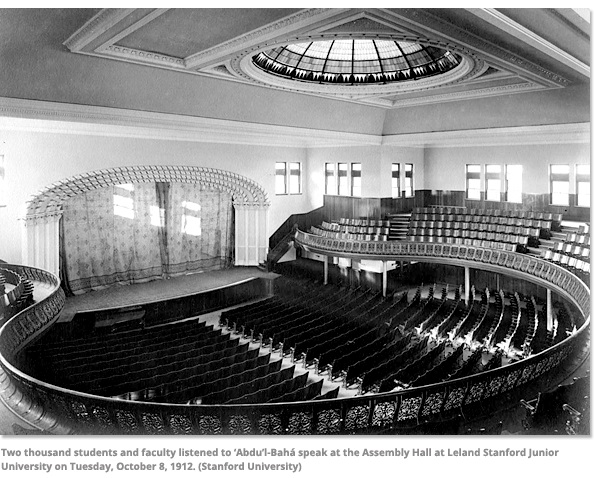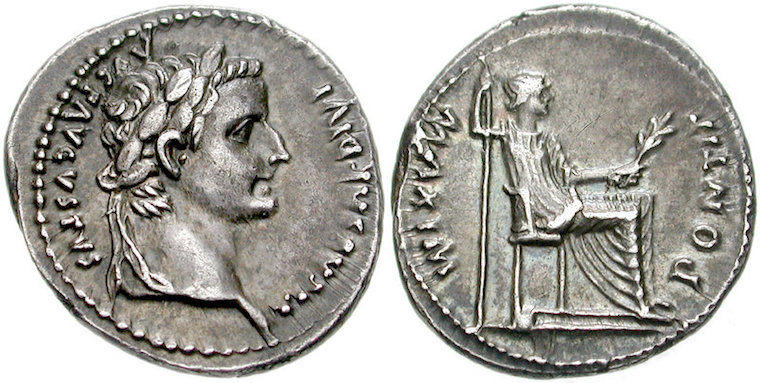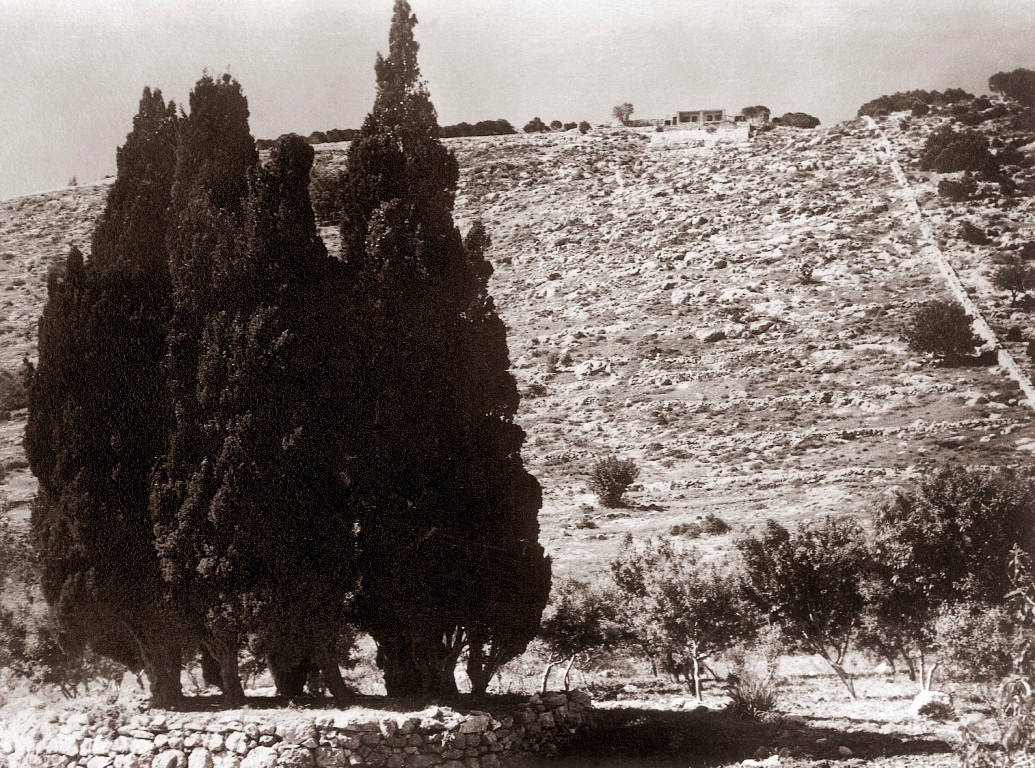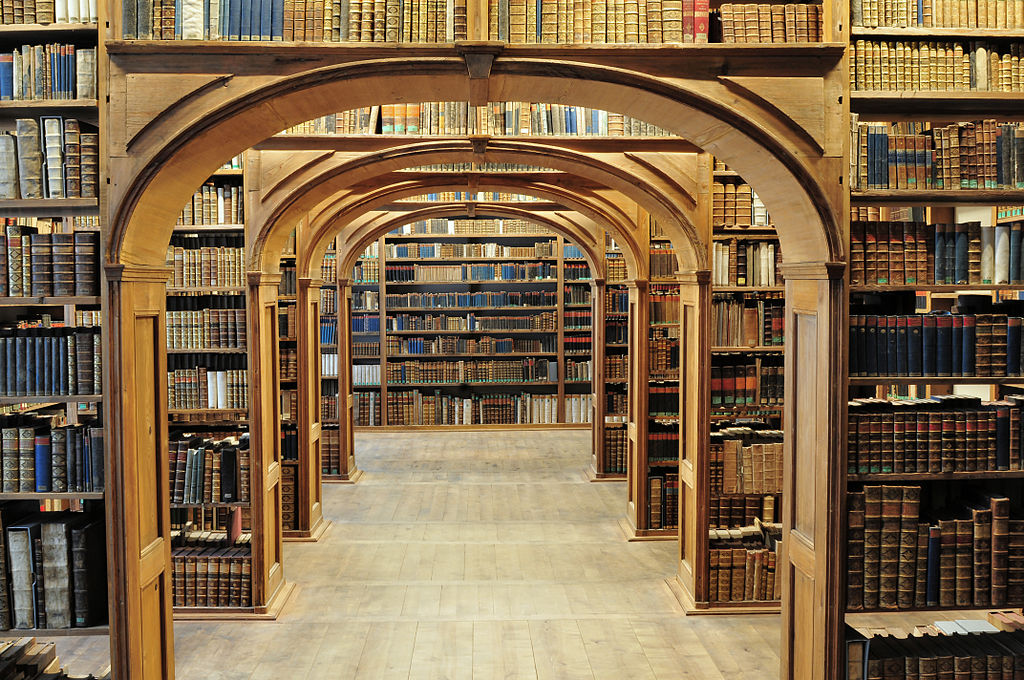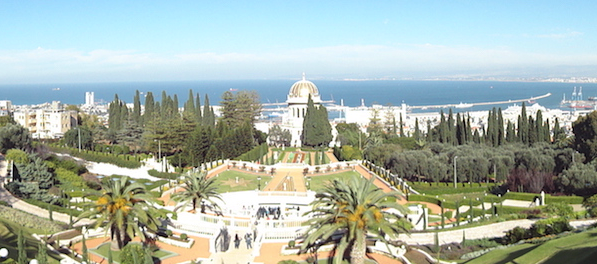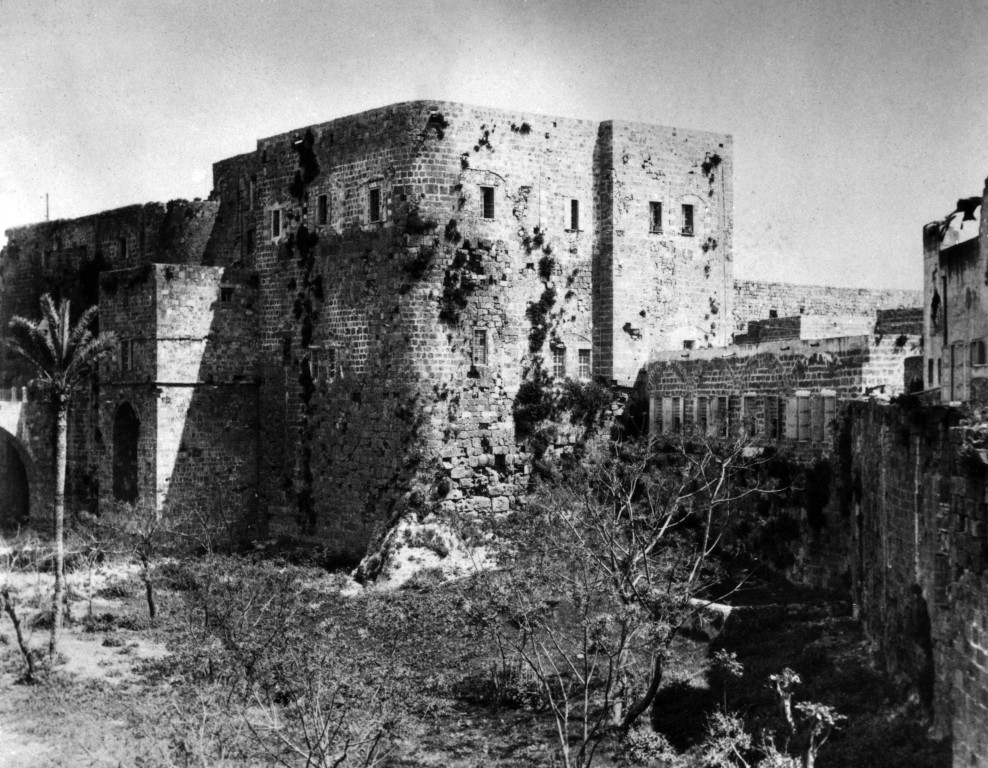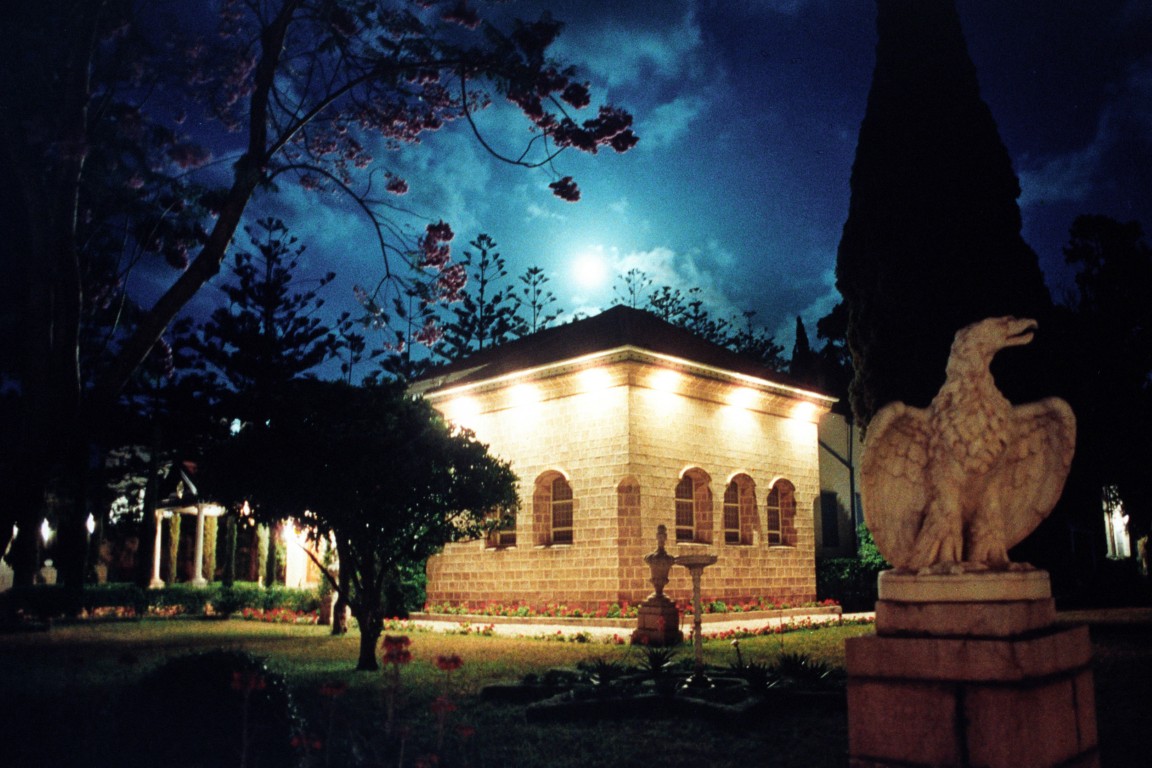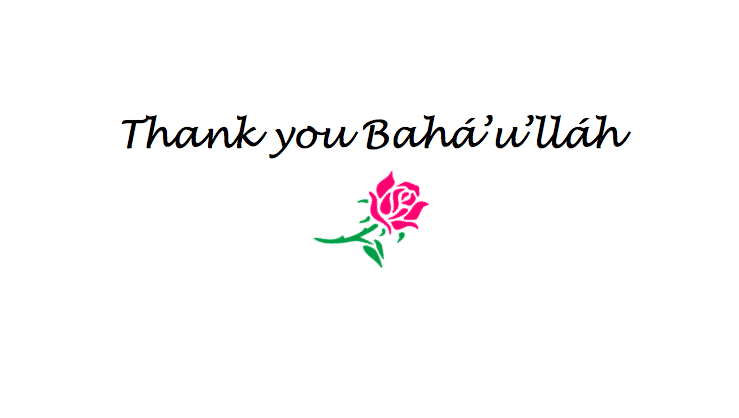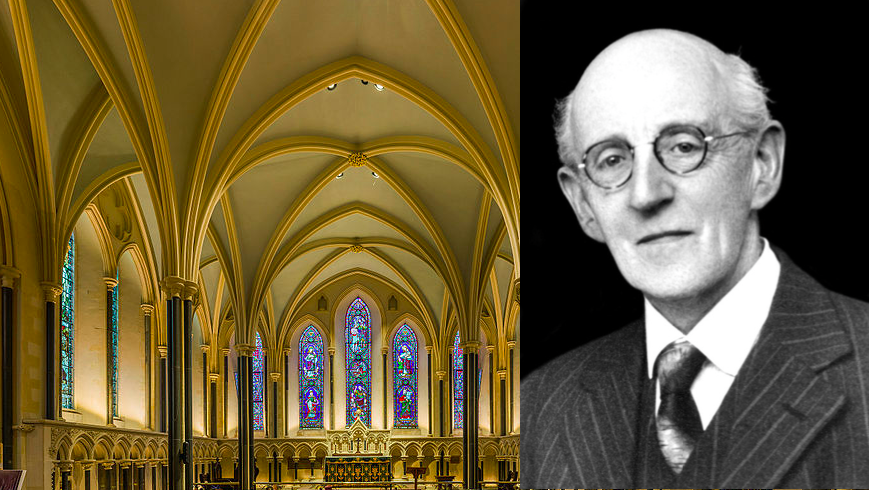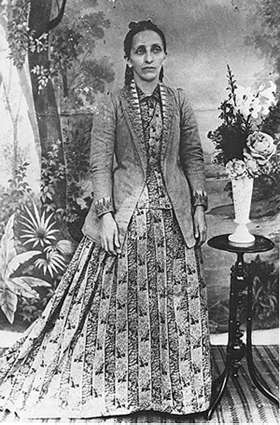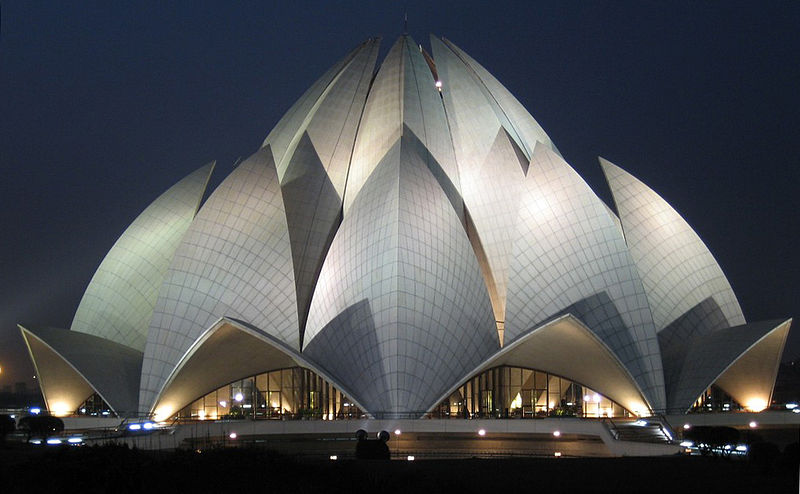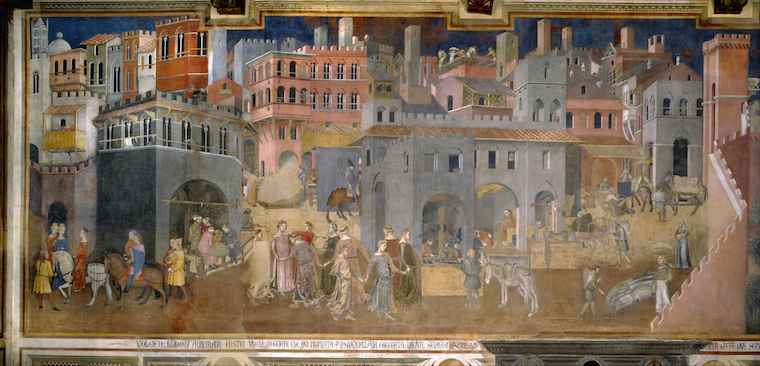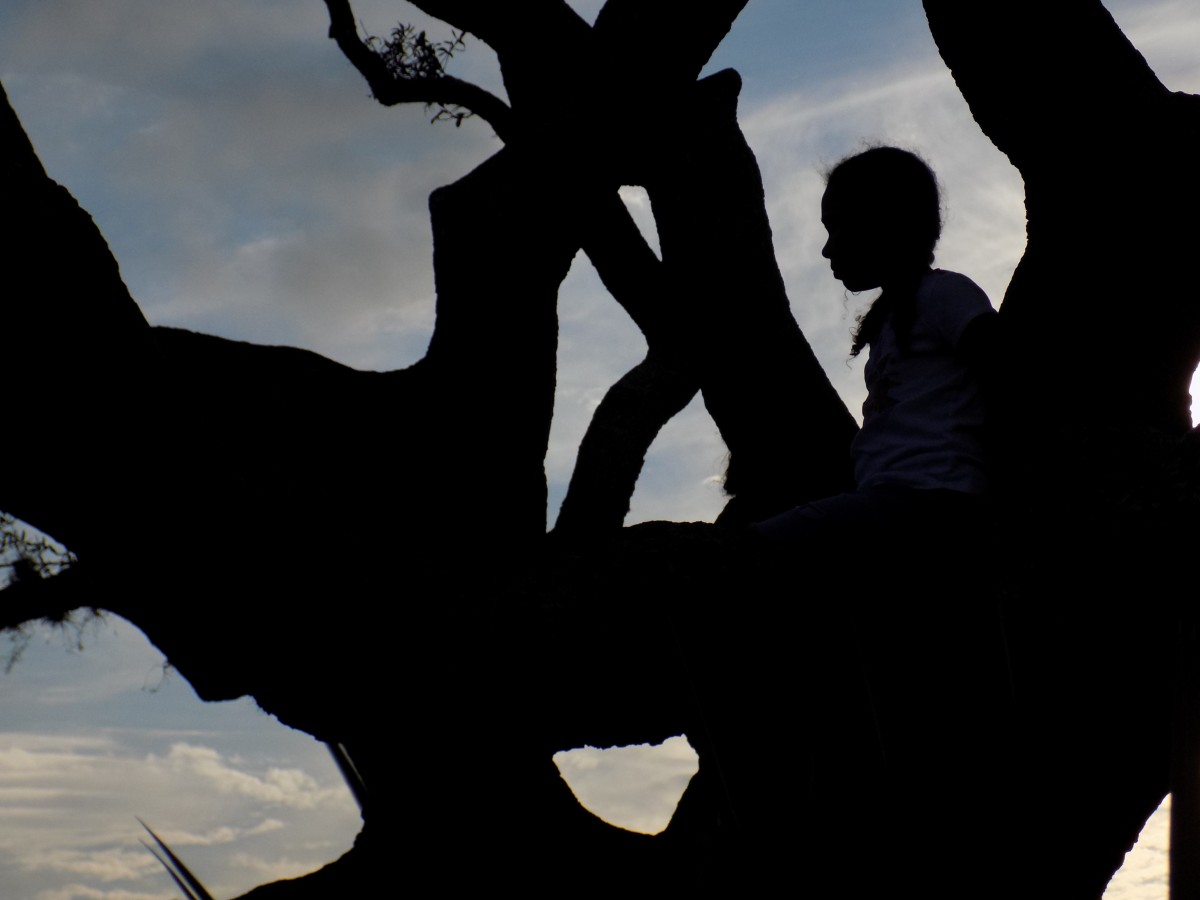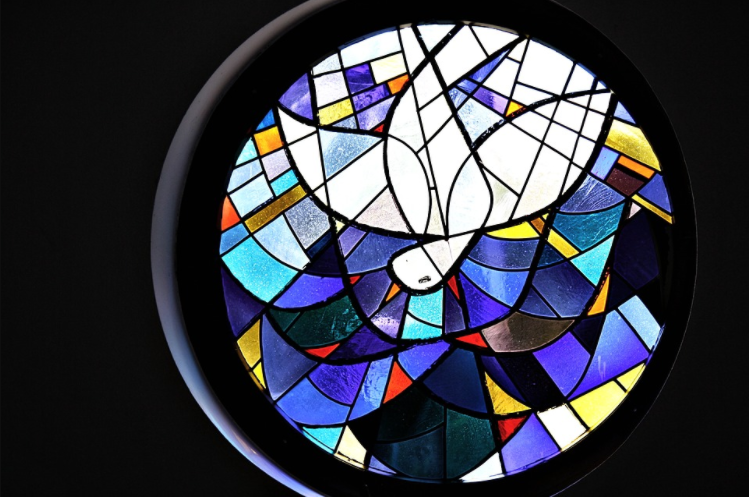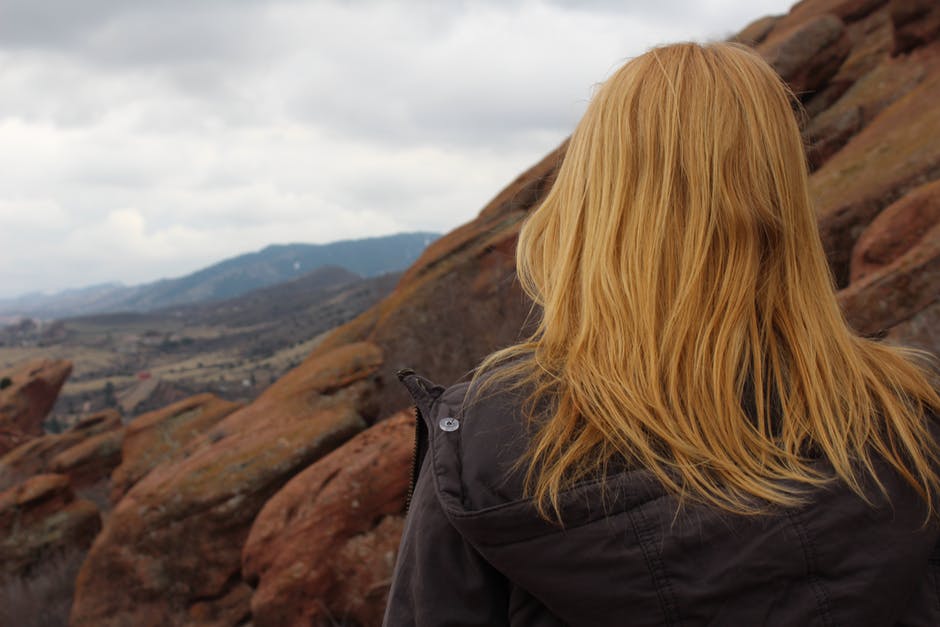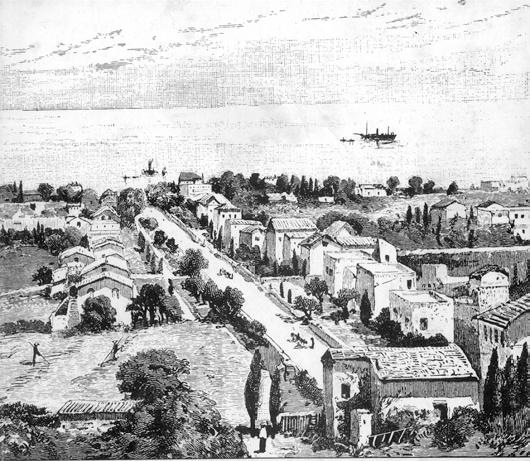-
Baha’u’llah’s Will and Testament – the Kitab-i-Ahd
Bahá’u’lláh did something unique in the recorded history of the founders of world religions. He left a will and testament. His will and testament is from any viewpoint, a most remarkable document. It is a central constitutional document of the Baha’i Faith – yet at the same time it is a meditation on the human condition. Bahá’u’lláh calls its recipients to consciousness of the limitless human potential to which human beings can rise. Yet the text also warns of the dangers of human folly and institutes mechanisms to protect against them. Known as the Book of the Covenant (Kitab-i-Ahd), the will and testament, written in Baha’u’llah’s own hand, was unsealed and read before nine witnesses nine days…
-
Baha’i Music – ladder for the soul
Bahá’u’lláh abolishes religious prohibition of music. Music is a ladder for the soul. Abdu’l Baha explains: Among certain nations of the East, music was considered reprehensible, but in this new age the Manifest Light hath, in His holy Tablets, specifically proclaimed that music, sung or played, is spiritual food for soul and heart. The musician’s art is among those arts worthy of the highest praise… [1] The following are five brief references to music from different passages of Bahá’u’lláh’s writings. We, verily, have made music as a ladder for your souls, a means whereby they may be lifted up unto the realm on high; make it not, therefore, as wings to self and passion.[2]…
-
Higher Learning – Science and Peace
During his journey through North America Abdu’l Baha visited a number of universities. He spoke at Columbia University in New York, Howard University in Washington DC and Stanford University in Palo Alto. Much of my life is associated with universities. So these talks have special meaning at a personal level. Particularly at Columbia and Stanford, Abdu’l Baha’s spoke about science and peace – another implication of harmony of science and religion. At Howard University – at the time a university established to provide educational opportunities for African American students – Abdu’l Baha spoke of oneness of humanity and the importance of love between black and white Americans. At Colombia University, Abdu’l Baha…
-
Bahá’u’lláh on Knowledge
How do we know? What does it mean to know? These are deceptively simple but important questions and the answers are by no means straight forward. Knowledge, moreover, is at the heart of human welfare. The first of Bahá’u’lláh’s Arabic Hidden Words links knowledge and justice. The best beloved of all things in My sight is Justice; turn not away therefrom if thou desirest Me, and neglect it not that I may confide in thee. By its aid thou shalt see with thine own eyes and not through the eyes of others, and shalt know of thine own knowledge and not through the knowledge of thy neighbor.[1] And justice in turn…
-
Night Vigil – the Sun of Baha has set
At 3.00 am on 29 May 1892, Bahá’u’lláh left this mortal world. He had lived 75 years. Abdu’l Baha, his eldest son, immediately sent a telegram to the Ottoman Sultan Abdu’l Hamid: “… the Sun of Baha has set“. On the night of 28 or 29 May, depending on the Baha’i calendar, Baha’is around the world, gather in the middle of the night to commemorate the Ascension of Bahá’u’lláh: a vigil offering prayers and reading passages memorialising Bahá’u’lláh’s life and passing. Most of Bahá’u’lláh’s life was full of hardship – of deprivation – exile and imprisonment. As a young man he was heir to a fortune, being a nobleman of Persia. When he died –…
-
Mona Mahmudnizhad – Speaking Truth to Power
The specific phrase “speaking truth to power” appears to have entered the collective conscious initially among the Quakers. It is in the title of a 1955 study of international conflict prepared by the Friends Service Committee and the study cites the Quaker tradition as a source of the concept.[1] The idea has more ancient resonances. Prophets have always spoken truth to power. The encounter between Jesus and Pontius Pilate also calls the concept to mind. For this purpose I was born and for this purpose I have come into the world—to bear witness to the truth. Everyone who is of the truth listens to my voice.” Pilate said to him, “What…
-
Balancing Material and Spiritual Civilization
“No matter how far the material world advances, it cannot establish the happiness of mankind. Only when material and spiritual civilization are linked and coordinated will happiness be assured. “[1] With these words Abdu’l Baha introduces another of the great principles of Baha’u’llah’s teachings. In short – that true civilization implies a balanced progress of material and spiritual – with neither predominating. The immediate implication of this balancing of the material and spiritual is in the realm of human activity and human relationships. Then material civilization will not contribute its energies to the forces of evil in destroying the oneness of humanity, for in material civilization good and evil advance…
-
Weaving the Future from the Threads of the Past
Across the world, the 19th century was a time of dramatic change. From our 21st century vantage point we may perceive it as “old fashioned” but in truth it was a time of change such as the world has rarely seen. In some places the world experienced revolutions, in others wide ranging reforms arose in almost every aspect of society. This was the time when the modern world was born. Bahá’u’lláh lived at this time and his writings are often directed to the reform of society. How Bahá’u’lláh goes about weaving the future from the threads of the past provides insights to Bahá’u’lláh’s work that offer food for reflection. Often the past is…
-
Words of Love
I loved thy creation, hence I created thee. Wherefore, do thou love Me, that I may name thy name and fill thy soul with the spirit of life.[1] Armed with the power of Thy name nothing can ever hurt me, and with Thy love in my heart all the world’s afflictions can in no wise alarm me.[2] Commit not that which defileth the limpid stream of love or destroyeth the sweet fragrance of friendship. By the righteousness of the Lord! Ye were created to show love one to another and not perversity and rancor. Take pride not in love for yourselves but in love for your fellow-creatures.[3] Set ye aside My love, and commit what…

